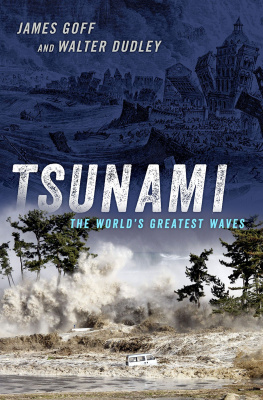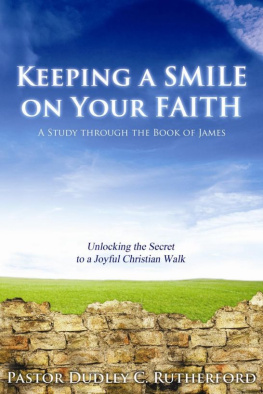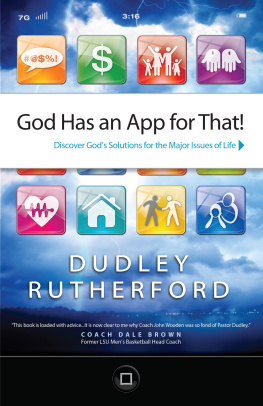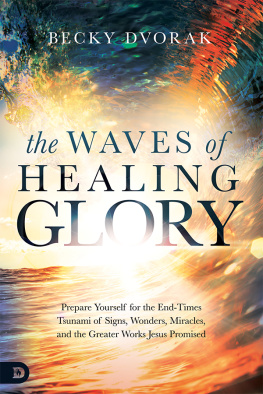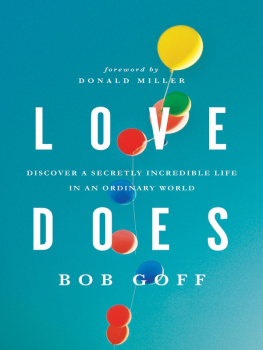Tsunami

Oxford University Press is a department of the University of Oxford. It furthers the Universitys objective of excellence in research, scholarship, and education by publishing worldwide. Oxford is a registered trade mark of Oxford University Press in the UK and certain other countries.
Published in the United States of America by Oxford University Press
198 Madison Avenue, New York, NY 10016, United States of America.
Oxford University Press 2021
All rights reserved. No part of this publication may be reproduced, stored in a retrieval system, or transmitted, in any form or by any means, without the prior permission in writing of Oxford University Press, or as expressly permitted by law, by license, or under terms agreed with the appropriate reproduction rights organization. Inquiries concerning reproduction outside the scope of the above should be sent to the Rights Department, Oxford University Press, at the address above.
You must not circulate this work in any other form and you must impose this same condition on any acquirer.
Library of Congress Cataloging-in-Publication Data
Names: Goff, James R. (James Rodney), 1959 author. |
Dudley, Walter C., 1945 author.
Title: Tsunami : The Worlds Greatest Waves /
James Goff and Walter Dudley.
Description: New York, NY : Oxford University Press, [2021] |
Includes bibliographical references and index.
Identifiers: LCCN 2020042460 (print) | LCCN 2020042461 (ebook) |
ISBN 9780197546123 (hardback) | ISBN 9780197546147 (epub) |
ISBN 9780197546130 (updf) | ISBN 9780197546154 (online)
Subjects: LCSH: Tsunamis. | TsunamisResearch. | Natural disastersHistory.
Classification: LCC GC219 .G64 2021 (print) |
LCC GC219 (ebook) | DDC 551.46/37dc23
LC record available at https://lccn.loc.gov/2020042460
LC ebook record available at https://lccn.loc.gov/2020042461
DOI: 10.1093/oso/9780197546123.001.0001
To tsunami survivors throughout the world and to the dedicated scientists who strive every day to better understand the nature of tsunamis.
Contents
A book of this nature represents decades of work with many colleagues and friends. We are grateful to so many people that it is impossible to name all of them, and we apologize for their omission. There are a few in particular who have been wonderfully supportive and provided excellent advice throughout the years.
I (JG) thank Bruce McFadgen, Darren King, Mike Archer, Chris Turney, Bruce Jaffe, Bruce Richmond, James Terry, Nigel Winspear, Kazuhisa Goto, Daisuke Sugawara, John Terrell, Gabriel Vargas, Pedro Andrade, and many more. There have been many people whom I have met on this journey who have both inspired me and helped me in so many ways. There are so many of you, but I make specific mention of a few: Kimina Lyall, who shared her experiences with us from her time in Thailand and whose book Out of the Blueis an insightful read; John Coney, who continues to work tirelessly behind the scenes to help make so much of our tsunami research accessible to so many people; and Robin Cain, who in recent years has provided a remarkable sounding board for all things tsunami-related.
I (WD) acknowledge the pioneering and dedicated tsunami research carried out by the following individuals, as well as the inspiration and encouragement they gave me: Doak Cox, George Curtis, Dan Walker, Frank Gonzalez, Eddie Bernard, Chuck Mader, Michael Blackford, Jim Lander, Harold Loomis, Gerard Fryer, Brian McAdoo, Lori Dengler, and Brian Atwater. I also recognize and thank the dedicated staff, board, and volunteer docents of the Pacific Tsunami Museum in Hilo, Hawaii, who tirelessly strive to educate the public about the ever-present danger from tsunamis and the appropriate preparedness and response actions to take so that those lost to deadly tsunamis may not have died in vain. And last, but definitely not least, I thank Jeanne Johnston, a tsunami survivor who fled the April 1, 1946, tsunami near Hilo and would later become a founder of the Pacific Tsunami Museum and instrumental in collecting the hundreds of survivor interviews that the museum shares with the world, excerpts of which are presented in this book.
We thank our families for all of their endless support. James is particularly indebted to Genevieve Cain for her support, love, and encouragement throughout the entire process.
This glossary is short because we explain as we go; however, the following terms are not covered:
Epicenter(epicentre or epicentrum) The location on Earths surface directly above the hypocenter or focus, the actual point (sometimes deep in the earth) where an earthquake or an underground explosion occurs.

